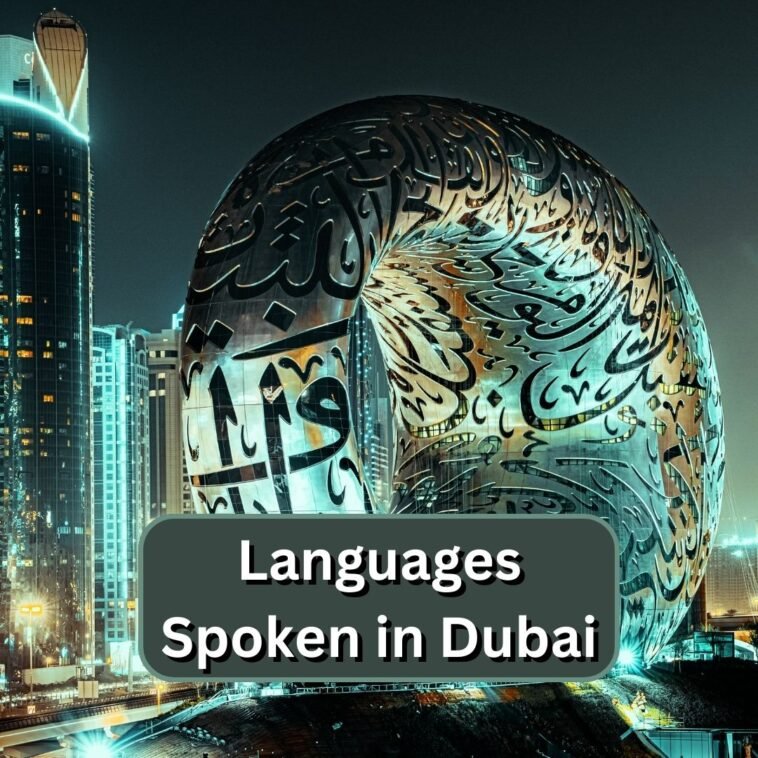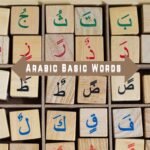In Dubai, the official language is Arabic, but the city is a melting pot of various dialects. While Standard Arabic is commonly used in formal settings such as legal, administrative, and government contexts, the local population predominantly speaks Gulf Arabic, also known as Khaleeji, as their colloquial dialect. Another widely used dialect is Egyptian Arabic, known as Masri. The linguistic diversity of Dubai is further enriched by influences from the Maghreb, Sudan, and other Middle Eastern countries, creating a vibrant tapestry of languages and cultures in the city.
Table of Contents
- English Proficiency
- Multicultural Linguistic Landscape
- Emergence of Mandarin
- Accessibility for Non-English and Non-Arabic Speakers
- Unique Dubai Slang
English Proficiency
English has emerged as the lingua franca of Dubai, facilitating seamless communication among the city’s diverse expatriate population. With a large number of expats fluent in English, navigating Dubai becomes effortless, thanks to English signage, menus, and public transport information. The widespread proficiency in English also extends to the service industry, ensuring that visitors can easily order, shop, and explore the city without language barriers. English serves as a unifying language in Dubai, enhancing the overall experience for both residents and tourists.
Multicultural Linguistic Landscape
Dubai’s linguistic landscape is shaped by its multicultural population, with prominent representation from languages in Asia. Hindi, Urdu, and Tagalog are widely spoken, reflecting the substantial expatriate populations from India, Pakistan, Bangladesh, and the Philippines. Additionally, other languages such as Bengali, Malayalam, Tamil, and Farsi contribute to the city’s rich linguistic diversity. This vibrant mix of languages reflects the multicultural fabric of Dubai, creating a truly cosmopolitan and inclusive environment.
Emergence of Mandarin
Mandarin is gaining traction in Dubai, with an increasing number of schools offering it as an additional language. Furthermore, prominent shopping centers in the city have started featuring signage in Mandarin, catering to the growing presence of Mandarin-speaking residents and visitors. This trend highlights the importance of Mandarin as a global language and acknowledges the cultural and economic ties between Dubai and Mandarin-speaking regions. It also reflects Dubai’s commitment to embracing linguistic diversity and catering to the needs of its diverse population and international visitors.
Accessibility for Non-English and Non-Arabic Speakers
To enhance the experiences of visitors who may not be comfortable with English or Arabic, Dubai provides resources to cater to their needs. Visit Dubai offers a range of resources, including tailored itineraries, articles, and recommendations, available in 24 languages. This includes languages such as Spanish, Polish, and Japanese, ensuring that visitors can access information in their preferred language. Additionally, the Visit Dubai app serves as a convenient guide for travelers, available in Arabic, English, French, German, Russian, and Mandarin. These resources enable visitors to navigate Dubai and access valuable information, ensuring a more enjoyable and inclusive experience for all.
Unique Dubai Slang
Dubai’s cosmopolitan environment has fostered the development of unique phrases and terminology that blend Arabic, Hindi, and Tagalog influences. These linguistic creations demonstrate the city’s multicultural fabric and the interplay between different languages. For instance, phrases like “Can I get your good name?” have emerged as a polite way to inquire about someone’s name, combining elements of English and Indian languages. Another example is the usage of “Ma’am-sir” as a catch-all term to address customers, reflecting the blend of gender-neutral terms from various languages. Additionally, phrases like “Maffi mushkil,” meaning “no problem” in Arabic, showcase the incorporation of Arabic expressions into everyday language. These linguistic blends not only reflect Dubai’s diverse cultural landscape but also serve as a means of fostering understanding and connection among its residents and visitors.
Dubai’s linguistic richness, rooted in its diverse population, adds vibrancy to the city’s cultural fabric. While English serves as a common language, the presence of various languages reflects Dubai’s inclusivity and global appeal. With resources available for non-English speakers, Dubai warmly welcomes visitors from around the world, ensuring that they can fully enjoy the extraordinary experiences the city has to offer. The linguistic diversity of Dubai contributes to the cultural tapestry of the city, creating an atmosphere of openness, understanding, and appreciation for different languages and cultures.
Please Subscribe Us to get updated with Qatar News, Saudi News, Kuwait News, Health News, UAE News, Iqama, Visa, Jobs, Banking and More..



